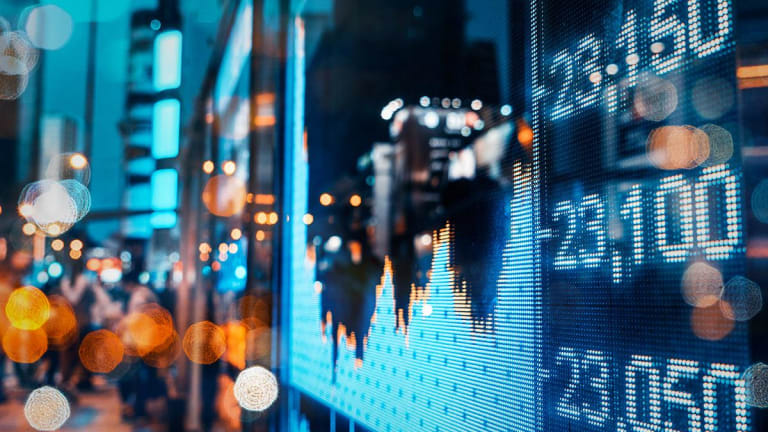In stock trading, the futures market is one of the biggest financial markets in the world today. It accounts for over $60 billion in assets traded daily. For the most part, this market is self-explanatory. What you need to know is what the Futures contract is and how it works. This article will take a look at these basics.
In the world of finance, a futures contract is usually a formalized legal agreement to purchase or sell a certain item at a certain time in the future, usually with participants that are not related to each other, often with stipulations as to when payments are made. Typically, the underlying asset being traded is some type of financial commodity or other instrument. Futures contracts are most commonly used by financial institutions to exchange currencies or shares of stock within a defined time frame.
Resource: Intrested in learning more about Futures Trading?Check out Joshua Martinez at Traders Agency
As you can see, the way that the futures market functions has very little to do with the actual items being bought or sold. Rather, it’s all about speculation, which is the basis for the entire concept. There are three distinct types of futures contracts. They are: Commodity Futures, Spot Futures, and Over-the-Counter Futures.
The biggest players in the futures market happen to be the large commercial companies whose primary interest is in commodity and energy products. Commodity futures are normally traded on U.S. exchanges like the New York Board of Trade (NYSE) and the Chicago Board of Trade (CBT). These companies make their money by buying low and selling high, or by speculating about the movements of the commodities they own. Examples of commodity futures that are regularly traded on the futures exchanges include soybeans, crude oil, gold, and copper. Naturally, when oil prices move up or down, so will the futures contracts that are based on them.
Financial risk managers
Another group of people that play an active role in the futures market are financial risk managers. Financial risk managers typically trade futures to provide investors with a degree of financial protection. For example, an oil and gas company may sell a barrel of oil for less than its current market price in order to take advantage of a sudden rise in the price of oil. A financial risk manager who trades in the futures market will always want to be on top of what is happening in the spot market, since he will make a profit either way.
Futures Speculators
Speculators, or those who speculate on the movements of the commodities underlying the commodities that they own, also play a significant role in the Futures market. Since the price of a commodity moves only as much as the supply of the commodity, the speculative speculators help to keep the price level of the commodity between the opening bell and the closing bell at approximately the same level. However, they do not actually make the actual purchase or sale of the commodity. They can potentially make large profits if they correctly predict that the price of oil will move upward or downward over the course of a few days or weeks. Speculators buy or sell Futures contracts on oil as part of their investments, although there is no actual money exchanged.





